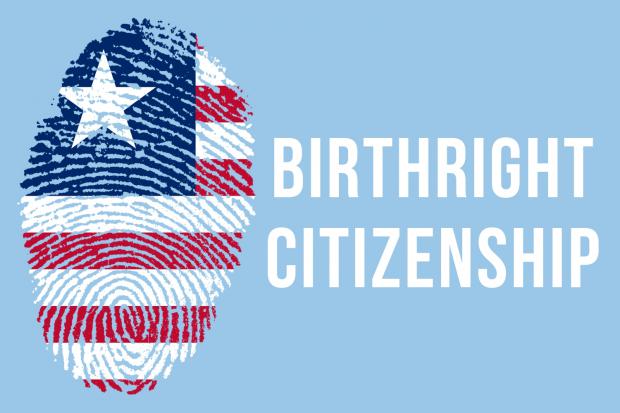
Breaking News
 Energy and Wealth: The Correlation That Built Nations
Energy and Wealth: The Correlation That Built Nations
 Cloudflare, X and Other Things Down Today
Cloudflare, X and Other Things Down Today
 Calisthenics Are Making a Comeback as Americans Return to Bodyweight Training
Calisthenics Are Making a Comeback as Americans Return to Bodyweight Training
 World War III Unfolding Before Our Eyes
World War III Unfolding Before Our Eyes
Top Tech News
 NASA announces strongest evidence yet for ancient life on Mars
NASA announces strongest evidence yet for ancient life on Mars
 Caltech has successfully demonstrated wireless energy transfer...
Caltech has successfully demonstrated wireless energy transfer...
 The TZLA Plasma Files: The Secret Health Sovereignty Tech That Uncle Trump And The CIA Tried To Bury
The TZLA Plasma Files: The Secret Health Sovereignty Tech That Uncle Trump And The CIA Tried To Bury
 Nano Nuclear Enters The Asian Market
Nano Nuclear Enters The Asian Market
 Superheat Unveils the H1: A Revolutionary Bitcoin-Mining Water Heater at CES 2026
Superheat Unveils the H1: A Revolutionary Bitcoin-Mining Water Heater at CES 2026
 World's most powerful hypergravity machine is 1,900X stronger than Earth
World's most powerful hypergravity machine is 1,900X stronger than Earth
 New battery idea gets lots of power out of unusual sulfur chemistry
New battery idea gets lots of power out of unusual sulfur chemistry
 Anti-Aging Drug Regrows Knee Cartilage in Major Breakthrough That Could End Knee Replacements
Anti-Aging Drug Regrows Knee Cartilage in Major Breakthrough That Could End Knee Replacements
 Scientists say recent advances in Quantum Entanglement...
Scientists say recent advances in Quantum Entanglement...
 Solid-State Batteries Are In 'Trailblazer' Mode. What's Holding Them Up?
Solid-State Batteries Are In 'Trailblazer' Mode. What's Holding Them Up?
Trump Could Prompt Supreme Court Ruling On Birthright Citizenship

Last year, he vowed to sign an executive order directing agencies to abandon that practice, if reelected.
How exactly Trump will change policies within agencies is unclear, but experts indicate he has options.
Regardless, revoking birthright citizenship could impact waves of new illegal immigrants and change the incentives for so-called birth tourism, wherein an expectant mother arrives in the United States just before giving birth.
During his first term, Trump attempted to combat the phenomenon through a policy targeting the country's temporary visa program.
However Trump chooses to end birthright citizenship will likely provoke a legal battle of constitutional proportions and with a case that could reach the Supreme Court, as Trump predicted during his first term.
The concept of birthright citizenship stems from the 14th Amendment, which states in part: "All persons born or naturalized in the United States, and subject to the jurisdiction thereof, are citizens of the United States and of the state wherein they reside."
Lora Ries, who serves as director of the Border Security and Immigration Center at the Heritage Foundation, told The Epoch Times that Trump could start by directing the State Department and Department of Homeland Security (DHS) to interpret the 14th Amendment in a particular way.
"I don't believe that a statute is necessary" or that a "constitutional amendment is necessary," said Ries, who also served as the deputy chief of staff for DHS during Trump's first administration.
Sen. Lindsey Graham (R-S.C.) has introduced legislation that would end birthright citizenship for children of illegal immigrants.
Immigration Reform Law Institute director of litigation Chris Hajec indicated, however, that a Supreme Court decision will be necessary to effect long-term change.
"A law from Congress wouldn't be enough," he told The Epoch Times, noting that Trump's executive policies and any act of Congress would likely end in the courts.
It's unclear how many individuals will seek validation of birthright citizenship in the future but the Pew Research Center estimated in 2016 that around 4 million children in the United States had illegal immigrant parents.
The Federation for American Immigration Reform, which seeks to "reduce the negative impact of uncontrolled immigration," said last year that taxpayers annually spend "approximately $182 billion to cover the costs incurred from the presence of more than 15.5 million illegal aliens and about 5.4 million citizen children of illegal aliens."



